The Department for Transport (DfT) is seeking views from the fleet industry on changes to driving licence flexibility for alternatively-fuelled vans and other vehicles of similar weight.
In 2018, the UK secured a derogation from the European Commission which allowed category B licence holders to drive alternatively-fuelled goods vans with a maximum authorised mass (MAM) of 4,250 kilograms (kg), over the standard 3,500kg entitlement.
The 3,500kg threshold for a large van means it is technically classed as a heavy goods vehicle (HGV), requiring a higher class of licence.
However, alternatively-fuelled vehicles (AFVs) have an increased mass compared to their petrol and diesel counterparts.
This is due to the additional weight of their powertrain, for example the battery. The derogation was granted to avoid constraining payload for operators using cleaner, alternatively-fuelled options, predominantly battery electric vehicles. Despite this extra weight, these vehicles are equivalent in function and appearance to large vans.
Typically, a driver must have a category C or C1 licence to operate a vehicle above 3,500kg, increasing costs for the user. This includes upfront licence acquisition, medical examinations and training for a driver certificate of professional competence (DCPC) if the vehicle is intended to be driven for commercial use.
The DfT said: "We want to continue to ensure that operators who transition to AFVs do not face additional regulatory steps when doing so."
Currently, category B drivers must undertake five hours of additional training before being permitted to operate AFVs from 3,500kg to 4,250kg on public roads.
Despite being classed as HGVs due to their higher kerb mass, these vehicles are equivalent in use to conventional large vans, which do not require additional training.
According to training registry data, over 2,000 drivers have completed the additional training so far.
The consultation is looking to cover:
- additional training that drivers must complete to gain driving licence flexibility
- types of vehicles that should be eligible
- towing allowance of these vehicles
- powertrains that should be eligible
The consultation is open now and runs until 11:45pm on October 4, 2022.
- Those wanting to respond can do so online, through a response form, through email to licenceflexibility@ozev.gov.uk or in writing to Driving licence flexibility consultation, Office for Zero Emission Vehicles, 3rd floor, Great Minster House, 33 Horseferry Road, London, SW1P 4DR.



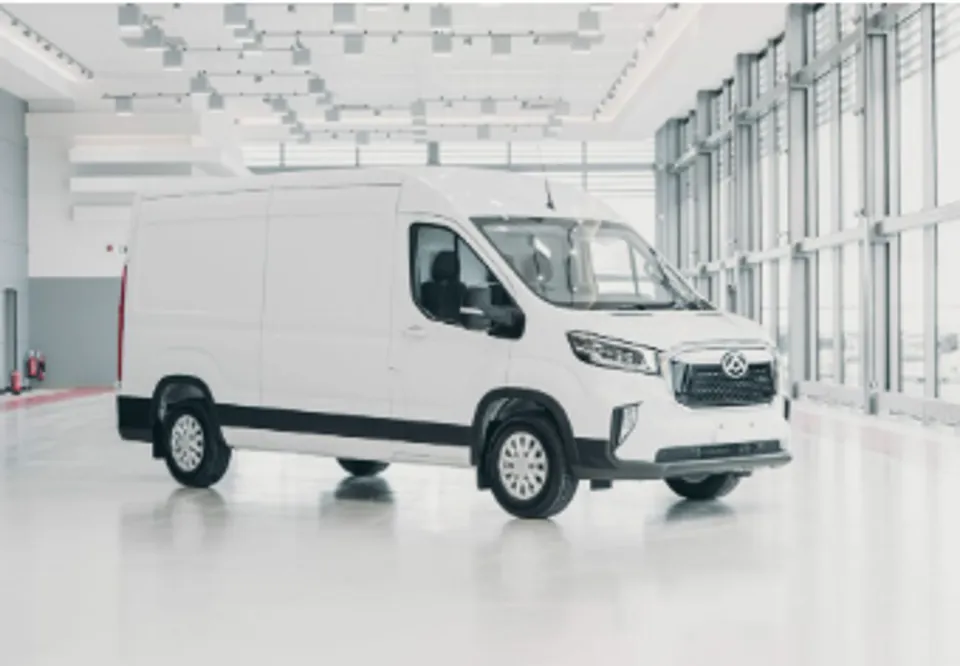
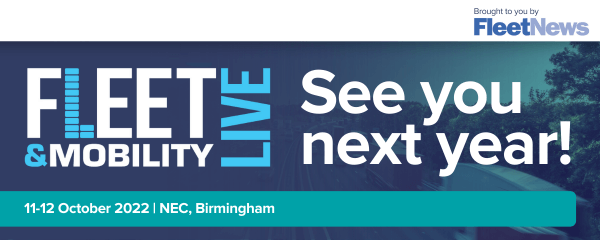















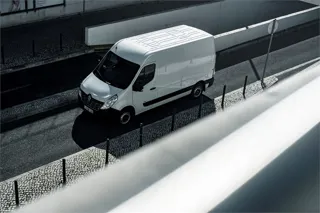
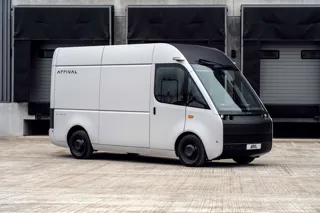
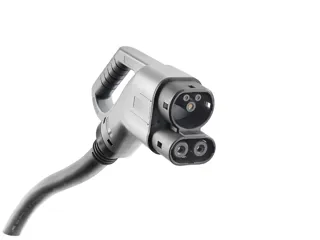
Login to comment
Comments
No comments have been made yet.